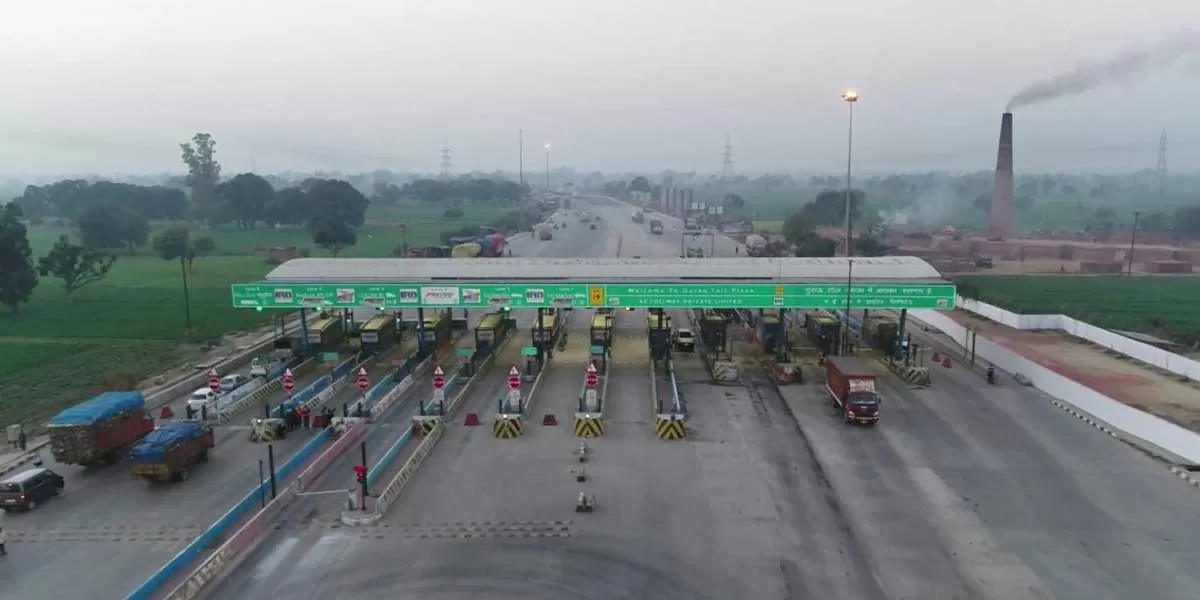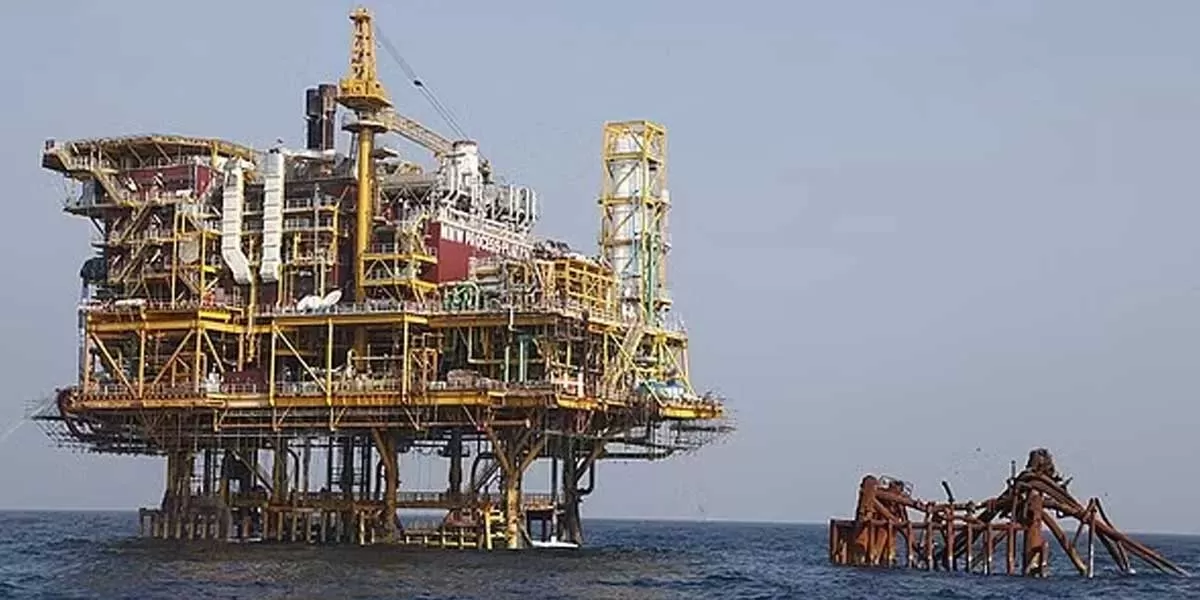
Centre exploring innovative ways for infrastructure funding

IRB Infrastructure Trust to offer 5 of its matured Highway Assets
IRB Infrastructure Trust, the Private InvIT, an associate of IRB Infrastructure Developers, India’s leading multinational transport infrastructure developer in the roads and highways sector, has announced a non-binding offer to transfer five matured highway assets to the IRB InvIT Fund, a publicly listed InvIT platform. The proposed transfer is subject to, amongst others, execution of definitive documents and the receipt of necessary approvals.Commenting on the development, Virendra Mhaiskar, Chairman and Managing Director of the Sponsors, said, “This transfer is a key step in our bid, exe..

US oil industry urges Trump to ditch Biden climate policies
The U.S. oil and gas industry called on President-elect Donald Trump to scrap many of President Joe Biden's policies aimed at fighting climate change, saying the measures threaten jobs, consumer choice and energy security. The American Petroleum Institute (API), the nation's top oil and gas trade group, urged Trump's incoming administration to do away with vehicle emissions standards meant to move the auto industry to produce more electric vehicles, lift a pause on export permits for liquefied natural gas facilities and work with Congress to repeal a fee on methane emissions from drilling oper..

Oil trims losses on tight near-term supply
Oil prices edged up on signs of near-term supply tightness but remained near their lowest in two weeks a day after OPEC downgraded its forecast for global oil demand growth in 2024 and 2025.Brent futures rose 13 cents or 0.18% to $72.02 a barrel by 0205 GMT, and U.S. West Texas Intermediate (WTI) crude futures gained 13 cents, or 0.19 % , to $68.25. "Crude oil prices edged higher as tightness in the physical market offset bearish sentiment on demand. Buyers in the physical market have been particularly active, with any available cargoes being snapped up quickly," ANZ analysts said in a note. B..













